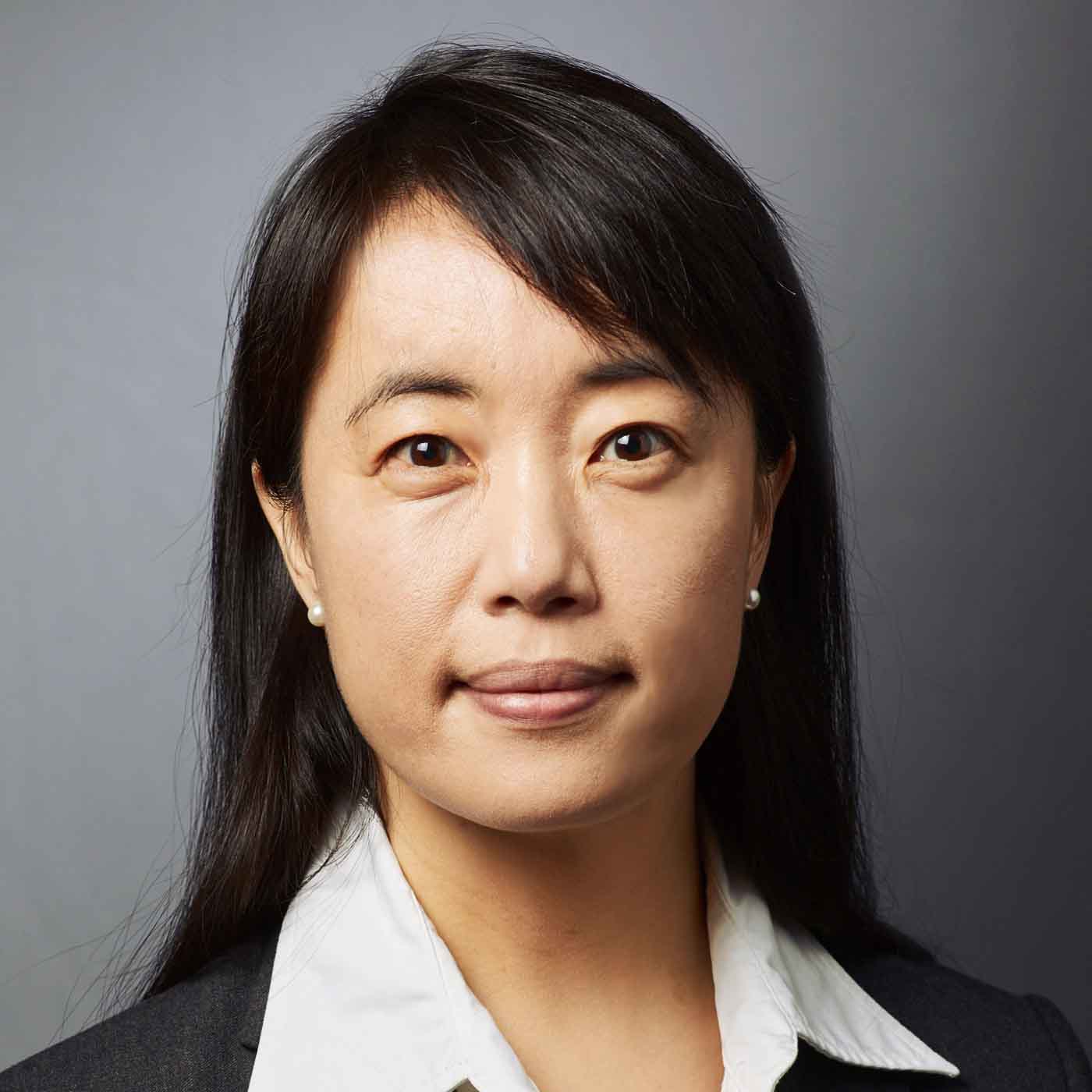Bandy Lee complaint dismissed by federal judge; Lee says she will appeal
“I won’t stop,” said the psychiatrist, who had alleged wrongful firing over tweets about Alan Dershowitz and tied her case to broader issues of academic freedom.

Yale University
A federal judge has dismissed a high-profile lawsuit against the University in which former professor Bandy Lee alleged that she was wrongfully fired over public statements criticizing former President Donald Trump and his lawyer.
Lee, a psychiatrist formerly affiliated with the Yale School of Medicine, first filed her complaint against the University in March 2021, arguing that her contract had been terminated unlawfully in violation of her freedom of speech. Lee’s case first came into the public eye when she filed a complaint arguing that her termination was tied to January 2020 tweets in which she said she believed that lawyer Alan Dershowitz LAW ’62 and supporters of former president Donald Trump experienced “shared psychosis” — though Dershowitz has repeated stated that he does not support the former president.
After a months-long legal battle, U.S. District Judge Sarah Merriam rejected Lee’s claims, some of which were based on Yale’s faculty handbook and the University’s “Woodward Report,” which outlines its principles of academic freedom. Merriam noted that Lee had been teaching on a voluntary, unpaid basis with a contract that was renewed year to year at the University’s discretion. The judge’s ruling was handed down on Tuesday.
“[Lee’s] vague assertion that some unspecified provision in the Faculty Handbook creates a right to ‘academic freedom’ is plainly insufficient to show that [the] defendant undertook a contractual commitment to guarantee plaintiff continued reappointment,” Merriam stated in the ruling.
The University’s representatives had twice filed motions to dismiss Lee’s complaint, stating that her claims had “no legal basis.” University spokesperson Karen Peart said in a statement that Yale “does not consider the political opinions of faculty members when making appointment decisions.”
“Yale is gratified that the United States District Court for the District of Connecticut has agreed with Yale that Dr. Lee’s lawsuit had no legal basis,” Peart wrote in an email.
Lee told the News that she was not surprised by the ruling.
She described the outcome as a “vigorous refusal to investigate the facts.” Lee appeared to question the legal process leading to the outcome, noting that Yale’s first motion had been denied and that her lawyers had been provided no explanation for the removal of a previous judge that had been presiding over the case.
Lee told the News that she would likely appeal the ruling and contact an appellate lawyer on Friday.
Lee said the ultimate goal of her lawsuit was to prompt discussion about the American Psychiatric Association’s Goldwater rule, which states that it is generally unethical for psychiatric professionals to comment on the mental health of public figures.
The University cited Lee’s “repeated violations” of the Goldwater rule in a September 2020 letter as raising “significant doubts” over Lee’s understanding of psychiatry. Lee, meanwhile, said she viewed the APA’s handling of the rule as a “grave error” that inhibits professionals in her field.
“I was hoping that this would be an occasion for discussion about Goldwater, but that appears to be avoided at all costs,” Lee said. “I won’t give up.”
Lee’s past tweets prompted a letter from Dershowitz to University officials alleging that Lee had publicly “diagnosed’ [him] as ‘psychotic,’” in violation of psychiatric ethics rules.
Dershowitz told the News that he felt the dismissal of the lawsuit was “correct.”
“[Lee] does not belong in a university setting, teaching children,” Dershowitz said. “But I didn’t have anything to do with firing her. I wish her well, but she should stop diagnosing people she’s never met.”
At the time of her termination, Lee had served as a consultant to clinics at the Yale Law School over the course of fifteen years.
She demanded reinstatement and damages for lost income, and was supported in her claims by many industry colleagues at other institutions.
Lee first rose to national prominence in 2017 for co-authoring “The Dangerous Case Against Donald Trump.”
Jordan Fitzgerald contributed reporting.
Correction, Sept. 7: This article has been updated to reflect that Lee did not have an official teaching appointment in the Law School.







